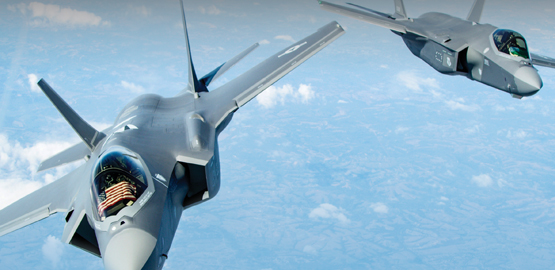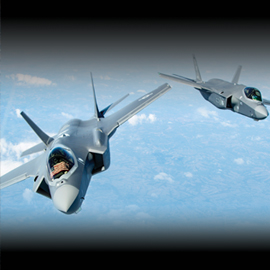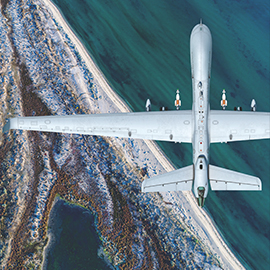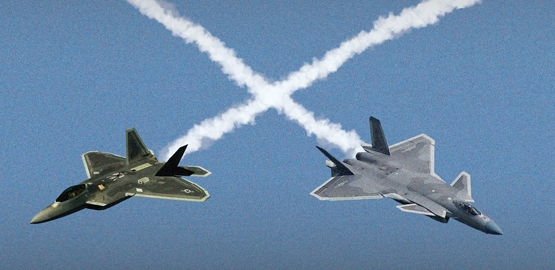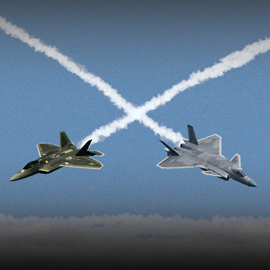Publications
"Nobody does defense policy better than CSBA. Their work on strategic and budgetary topics manages to combine first-rate quality and in-depth research with timeliness and accessibility—which is why so many professionals consider their products indispensable." – Gideon Rose, Editor of Foreign Affairs, 2010-2021
Analysis of the FY 2011 Defense Budget
The Obama Administration’s FY 2011 budget request includes a total of $712 billion for the Department of Defense (DoD). The base budget for the Department includes $549 billion in discretionary funding and $4 billion in mandatory funding. An additional $159 billion is requested for the wars in Afghanistan and Iraq. The budget also requests $19 billion for defense-related atomic energy programs, $8 billion for defense-related activities in other agencies, and $122 billion for veterans. Together these expenses total $861 billion, or 22 percent of the total federal budget.
AirSea Battle: A Point-of-Departure Operational Concept
Emerging operational challenges in the Western Pacific require development of a new, integrated concept of operations for U.S. air and sea forces akin to the AirLand Battle of the 1980s
Littoral Combat Ship: An Examination of Its Possible Concepts of Operations
In 2008, the US Navy commissioned USS Freedom (LCS-1), the first of a new type of ship, the Littoral Combat Ship (LCS), produced by Lockheed Martin. It anticipated commissioning a second, distinctly different LCS variant, to be named Independence (LCS-2), produced by General Dynamics, late in 2009. Despite initial issues with design, operational requirements, and especially cost growth, the Navy plans to order substantial numbers of one variant to help address the problem of declining surface ship force levels.
Why AirSea Battle?
For well over half a century, the United States has been a global power with global interests. These interests include (but are not limited to) extending and defending democratic rule, maintaining access to key trading partners and resources, and reassuring those allies and partners who cooperate with the United States in defending common interests. The United States’ ability to project and sustain military power on a large scale has been, and remains, essential to this endeavor.
Defense Planning for the Long Haul: Scenarios, Operational Concepts, and the Future Security Environment
Senior defense officials face a host of critical issues when assessing the nation’s military posture. Most importantly, they are responsible for determining which threats the United States must be prepared to address, what capabilities will be required to do so, and how the US military should be organized, trained, equipped, and employed to counter these threats successfully if and when they materialize.
US Nuclear Forces: Meeting the Challenge of a Proliferated World
This report seeks to provide the basis for an informed and constructive debate over the role of nuclear weapons in the overall US defense posture. To this end, the principal focus is on identifying the existing and emerging security environment as it pertains to nuclear weapons. The report also offers some recommendations on how the United States might best respond to the challenges posed by nuclear proliferation, and, hopefully, create a more secure global environment.
















